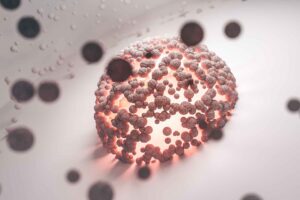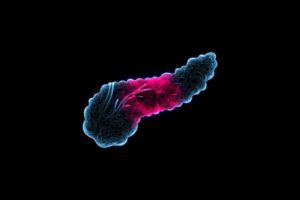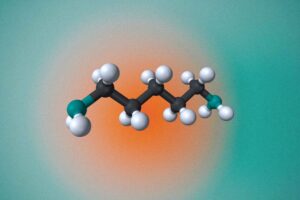Science News
Video
Duccio Cavalieri, professor at the University of Florence, shifts the spotlight from bacteria to the less-explored fungal and yeast communities of the microbiome, highlighting their emerging role in shaping host…
Oncology
Diet and gut microbes can shape immune cell function and improve responses to anti-cancer therapy.
Gastroenterology
A gut bacterium, Clostridium steroidoreducens, can chemically modify steroid hormones, including those used to treat IBD.
Video
Microbiomepost conducted an exclusive interview with George Paraskevakos, Executive Director at International Probiotic Association in order to discuss the global market of biotic products in 2025.
Gastroenterology
L. mucosae and L. ruminis can produce serotonin in the gut, where it promotes nerve growth and regulates intestinal motility.
Gastroenterology, Uncategorized
Researchers have found that certain gut bacteria and their metabolites differ between IBS subtypes.
Video
Ger T. Rijkers, University College Roosevelt, Netherlands, discusses the regulatory frame about probiotics in Europe.
Oncology
Results of a recent study showed reduced microbial diversity and distinct microbial profile in the two groups of PC patients.
Video
Mike Holland, who has spent decades valuing the health and economic impacts of policy choices for the European Commission, the European Environment Agency and the OECD, discusses the economic impact…
Oncology
Changes in gut bacteria, especially Akkermansia, could predict treatment success in people with lung cancer.
Scientific research
Douwe Van Sinderen, professor of Molecular Microbiology at School of Microbiology & APC Microbiome Ireland, focuses on bacteriophages infecting lactic acid bacteria used in food and probiotic applications.
Scientific research
Ethical, long-term partnerships can uncover valuable scientific insights while respecting Indigenous knowledge.
Gastroenterology
Controlling cadaverine levels and the gut bacteria that produce it could help regulate immune cell metabolism and inflammation.
Three infant-derived strains isolated and developed by Coree srl that are potentially interesting for immune support.
Video, Gastroenterology
Emilia Ghelardi, Professor of Microbiology and Molecular Microbiology at the University of Pisa, explains how pathogens can actively disrupt the integrity of the commensal community.
Dermatology
Environments and social factors shape human microbiotas.
Scientific research, Geriatrics
The abundance of Bifidobacterium may explain M116’s excellent cholesterol profile and low inflammation levels.
Video, Gastroenterology
Arthur Ouwehand, Technical Fellow at IFF Finland, discusses the components and vulnerabilities of the gut barrier and reviews how probiotics and related dietary interventions can support its structure and function.
Scientific research
The authors propose a coordinated framework involving policymakers, scientists, educators, and communities to embed microbiota science into One Health strategies.
Oncology
Targeting gut bacteria or butyrate could be a promising therapy for glioma.






















